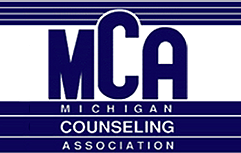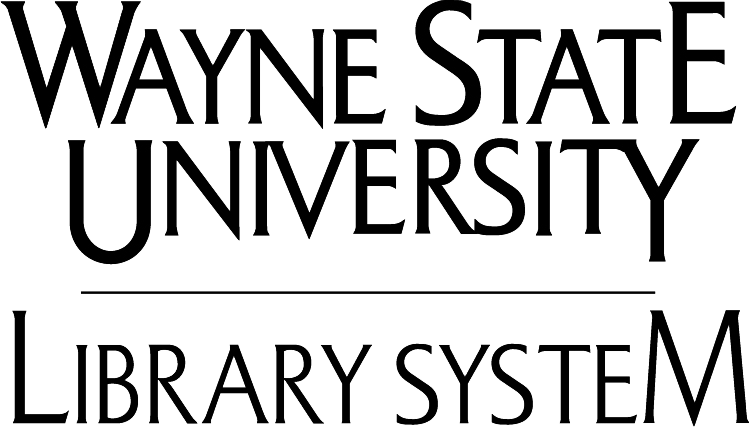Publication Date
10-5-2018
Abstract
This study analyzes the relationships among the three distinct levels of language and cultural-linguistic professional competences. A total of 483 participants from three U.S. and one Central American university representing the fields of counseling, social work, family services, and psychology were surveyed. The results suggest that there is a large multilingual training deficit among human service providers in the U.S. Training programs need to make curricular revisions to include bi/multilingual training consistent with multilingual clientele. Recommendations for culturally-embedded and non-native language use are provided to increase cultural-linguistic competences among counselor education trainees.
Recommended Citation
Swazo, R. & Celinska, D. (2018). Multilingualism in Counselor Education and Human Services Professionals: Implications for a New Training Paradigm. Michigan Journal of Counseling: Theory, Research, and Practice, 43(1), eP1090 (Prepublication). doi: 10.22237/mijoc/1533600000
DOI
10.22237/mijoc/1533600000
Creative Commons License

This work is licensed under a Creative Commons Attribution 4.0 License.


